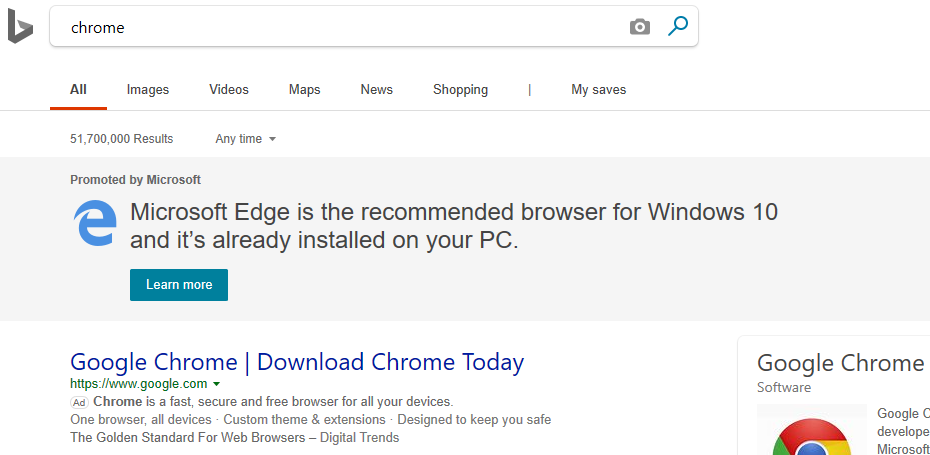Listen up, kiddo, cause determining searcher intent is a tricky subject. Why do you need to understand it? Cause it’s an important part of any SEO strategy and any SEO expert worth anything needs to understand it. There are many factors to consider; language, location, and past behavior can all have an impact on searcher intent. But, if we break down the different queries searchers use on the internet, we can start to understand what a user might be searching for. I say might because users are weird, and sometimes they do weird things that even they don’t understand.
So, how do you determine searcher intent and deliver relevant content? Let’s talk about it.
First up,
Navigational Queries
Say you want to go to a specific website, for this example lets use www.reddit.com. Are you the type that types reddit.com into the address bar and goes straight there? Or are you the type that simply types “reddit“ into the address bar, causing the browser to navigate to whatever search engine is set as default (let’s be honest, it’s google) with “reddit” set as the search query, and then clicks on the link to reddit.com? OR WORSE EVEN STILL, are you the type that types google.com into your address bar, and then uses google to search for reddit, and then clicks on the link to reddit.com. The second type I can let slide, but if you’re the last type, you need to change.
No matter which type you are, you are obviously trying to get to reddit.com. That’s called a navigational query. You are navigating to a specific web page. Now, what are your opportunities here as a search engine marketer? Well, you could try the Microsoft approach when you go to download Google Chrome on a new Windows device.

For most of us reading this, I’m sure that seems a little bit silly that Microsoft is trying to steal away people obviously trying to replace their browser, but you know what? It actually works. When someone searches for a competing brand, remind them that you exist, too (and that you’re better!) Granted, in most cases navigational queries aren’t the best type of search engine traffic to be targeting. Unless the searcher is searching for your own brand, the click through rates will likely be low.
Next up,
Informational Queries
Let’s pretend you want to know something (I know it’s a little silly, you already know so much!) and look for it on the internet. Well… that’s an informational query. It’s a little bit hard to describe it further than that because this type of search query represents such a large portion of the queries that occur. You want information, and you’re only satisfied when you find the answer to what you are searching.
What are your opportunities? Well, people search for lots of stuff. Find out what people are searching for and provide a high quality answer! Boost your brand recognition and maybe even get some of your visitors to convert. Transactions aren’t the primary goal of an informational query. Gaining information is.
Last but not least,
Transactional Queries
You want to buy some sweet new shoes with LEDs that flash when you walk. You want to sign up for an account with that super cool new social media platform that all of your friends are talking about (is this still a thing?). That’s what a transactional query looks like. The user wants to buy something! If you’re not trying to capture this traffic, well, start now. Cause this is how your company makes money.
Don’t believe me on this stuff? Check out this article from Yoast about searcher intent.
You wanna learn more about SEO? Hit up Moz and you can see all that there is to learn. Spoiler alert. There’s a lot.
Listen, take it slow. There’s a lot to learn and plenty of time. Just don’t go too slow. Cause there’s a lot to learn. Like, a lot. Ya know what? Find a pace that works for you and roll with it. Hopefully what you’ve learned here helps you get started on the rest of your journey.
Trent Newman
